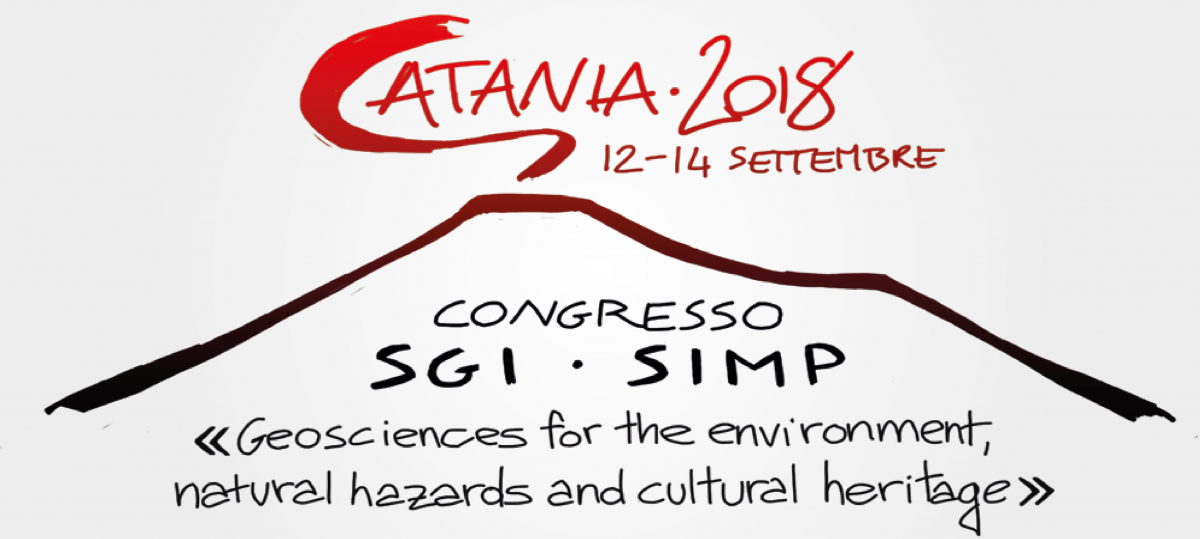Dear Colleagues,
We would you like to draw your attention to the petrology - volcanology session proposal P23 "Magma genesis and transport" by Pier Paolo Giacomoni, Gabriele Lanzafame and Cristina Perinelli at the next SGI-SIMP joint congress (Catania, Italy, 12-14 September 2018). The submission deadline is May 21st, at 7 pm. We look forward to seeing you in Catania on September! Cheers, Pier Paolo, Gabriele and Cristina. See the following link for further details http://www.sgicatania2018.it/index.php P23.
Magma genesis and transport
Proposers: Pier Paolo Giacomoni (Univ. Ferrara), Gabriele Lanzafame (Elettra, Trieste), Cristina Perinelli (Univ. Roma La Sapienza).
In the last decades significant progresses have been made for elucidating fundamental processes such as crystallization, mixing, assimilation, residence, extraction, bubbling, ascent rate and flow dynamics of magmas and lavas. These achievements were made possible by integrating spatial distribution and morphological features of crystals, vesicles and glasses with the estimation of intensive variables (P-T-fO2-aH2O) quantified by means of micro-chemical analysis of major, minor and trace elements, as well as 2D-3D imaging studies.
In this way the spectrum of processes recorded by the textural, chemical and isotopic characteristics of the erupted products can provide crucial information on the timescales of the processes occurring before eruption, although the dynamic and evolution of the magmatic systems remains a matter of active debate. This session is intended to bring together a full spectrum of contributions dealing with the dynamic and timescales of magma differentiation, storage, contamination and ascent, inviting presentations deriving from both laboratory experiments and field observations. The aim of the session is to improve our understanding of the physico-chemical changes experienced by magmas at pre-, syn-, and post-eruptive conditions, using petrographic, geochemical, mineralogical and volcanological features of magmatic rocks and their synthetic analogues. The integration of diverse datasets on active volcanic systems will also provide the key feature for exploring the link between deep-seated magma reservoirs and erupted products, that will improve our understanding of the 'volcano-magma' system as a whole, with meaningful outcomes to hazard assessment.

